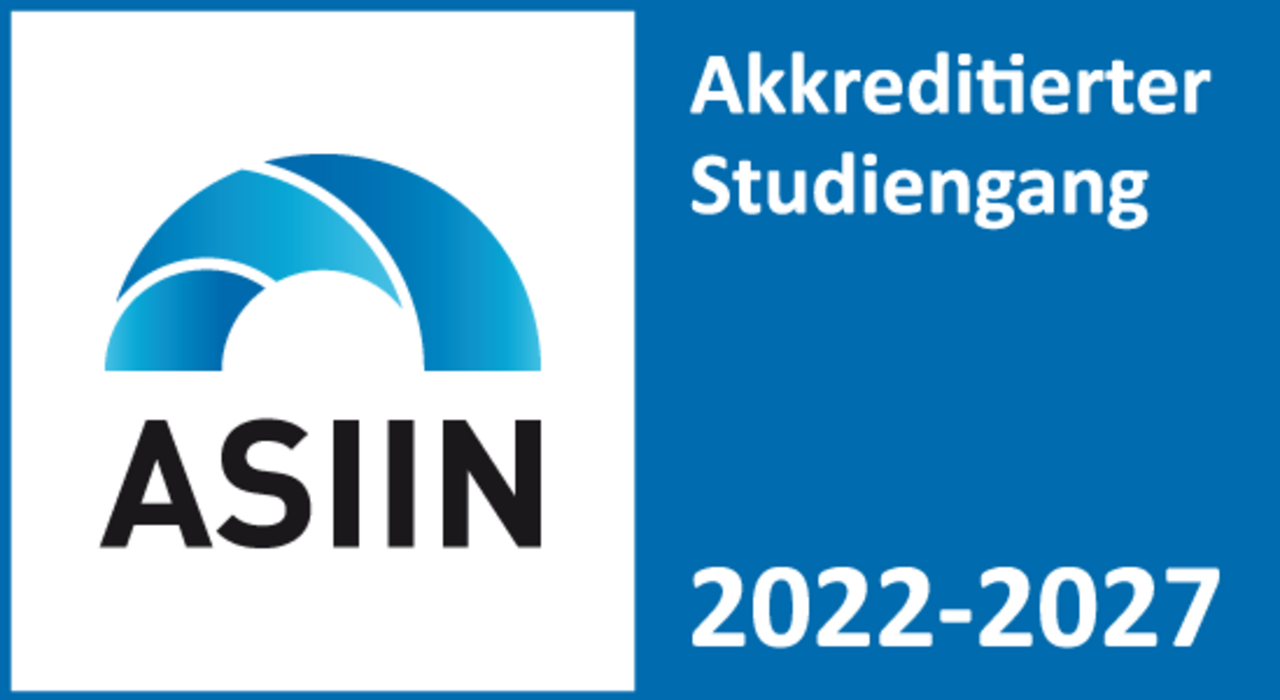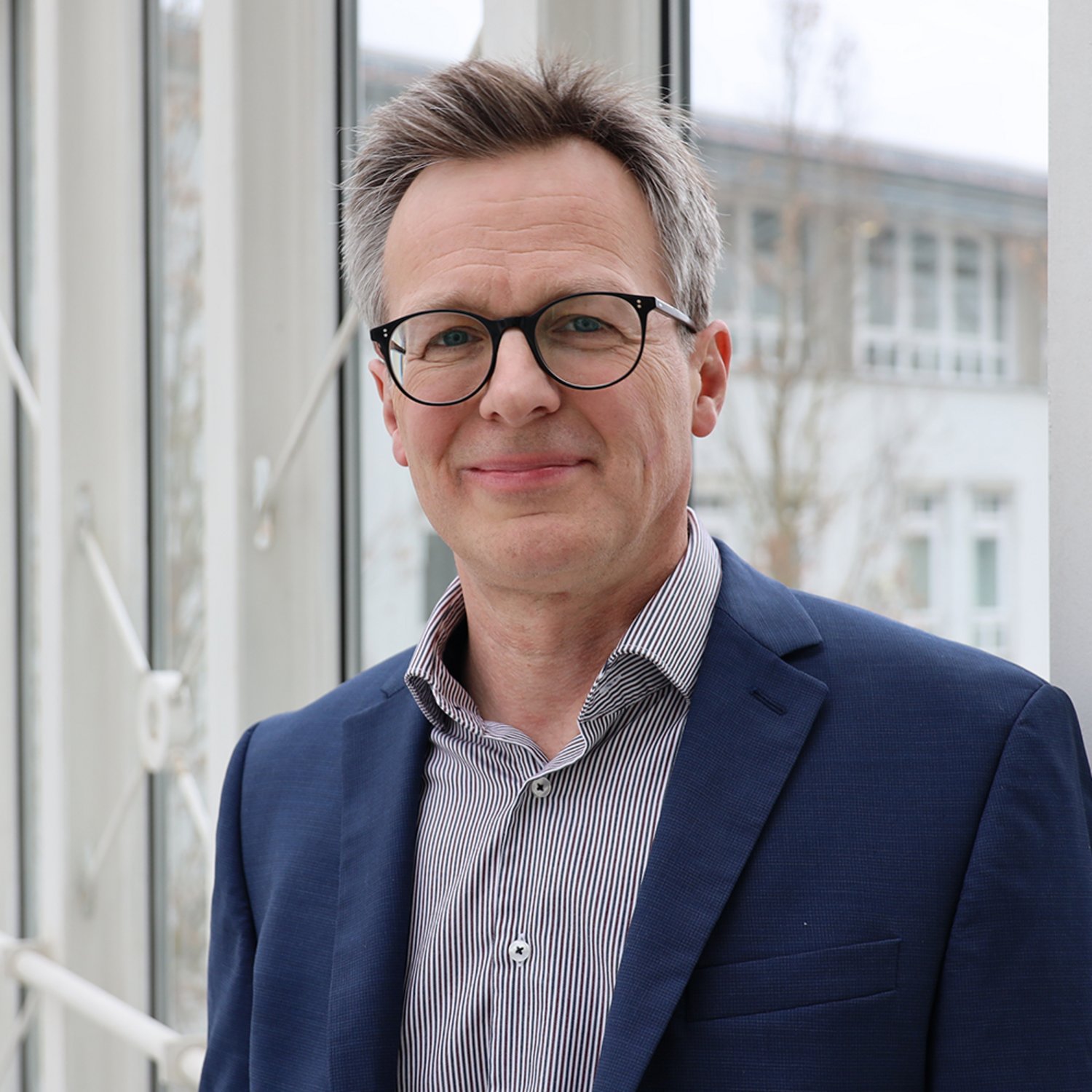

Accredited degree program
Engineering education
Bachelor of Engineering
Teacher training at vocational schools or a career in engineering: The Engineering Education degree programme combines an engineering degree (either in mechanical engineering or electrical engineering and information technology) with a basic education in education and social sciences. The Bachelor's degree B.Eng. opens up all career paths for students as engineers or as teachers at vocational schools.
| Start | Winter semester |
|---|---|
| Admission Criteria | Open admission (no numerus clausus) |
| Application period | 15.04.2025 - 15.09.2025 |
| Study format | Full time, with in-depth practical experience, Joint degree programme |
| Study cost | None (only semester fee) |
| Normal duration | 7 Semester |
| Language | German |
| ECTS | 210 |
| Accredited degree program | |
 | |
Programme content
The Engineering Education degree programme consists of six theoretical semesters and one practical semester. The programme comprises three subject blocks:
- Vocational specialisation (either electrical engineering and information technology or metal technology)
- (Vocational) education / social sciences
- Teaching subject (currently a choice of computer science, mathematics or physics)
Study programme
The basics of engineering are taught in the first and second semesters. Accompanied practical school studies between the first and second and between the second and third semesters enable students to examine themselves and decide whether teaching at vocational schools is the right specialisation for them.
In the third and fourth sem esters, students expand their specialist knowledge and skills in the engineering sciences. The basics of vocational pedagogy and the subject of "continuing vocational education" as well as the teaching subject are added.
The fifth semester essentially comprises practical time in the company.
In the sixth and seventh sem esters, students deepen their specialised knowledge in in-depth modules in the relevant subject area, intensively expand their skills in the teaching subject, study the basics of social and communication psychology and write their Bachelor's thesis.
Internship
Practical school studies
As part of the Engineering Education degree programme, a school placement must be completed by the end of the 3rd semester (module IP210). An accompanying seminar is offered for this work placement (preparatory phase as part of block courses at the end of the 1st semester, reflection and accompanying courses during the work placement phase, follow-up seminars in the 2nd and 3rd semesters).
Practical semester
The purpose of the practical semester is to apply and deepen the knowledge gained so far in the specialisation (electrical engineering and information technology or metal technology) in industrial practice. In this advanced stage of the programme, students are required to work on projects in the specialist departments of the internship companies and enterprises. Students should carry out engineering-related activities and work on smaller tasks as independently as possible. Advice and guidance from an experienced supervisor in professional practice is guaranteed.
The areas of work for the interns generally cover all areas in which engineers in the relevant specialisation are active, see also the corresponding module descriptions of the internship semester of the relevant specialisation or the information provided by the respective faculties. The practical semester is supervised by the university and supplemented by a practical seminar (partly due to the stays abroad in a block programme) of the university or accompanying optional reflection offers.
Stay abroad
Experience abroad is becoming increasingly important, especially in view of increasing globalisation and internationalisation. However, it is also important for individual personal development and career planning that you can demonstrate intercultural competences, foreign language skills and also work experience abroad. As part of the Engineering Education degree programme, the practical semester (5th semester) is the best time to spend a mobility window abroad. However, a stay abroad requires longer-term planning - you should therefore find out early on about the options for completing the practical semester abroad. The faculties in your subject area also work together with companies and businesses in some cases.
You can also obtain further information from the International Office.
To the International Office



